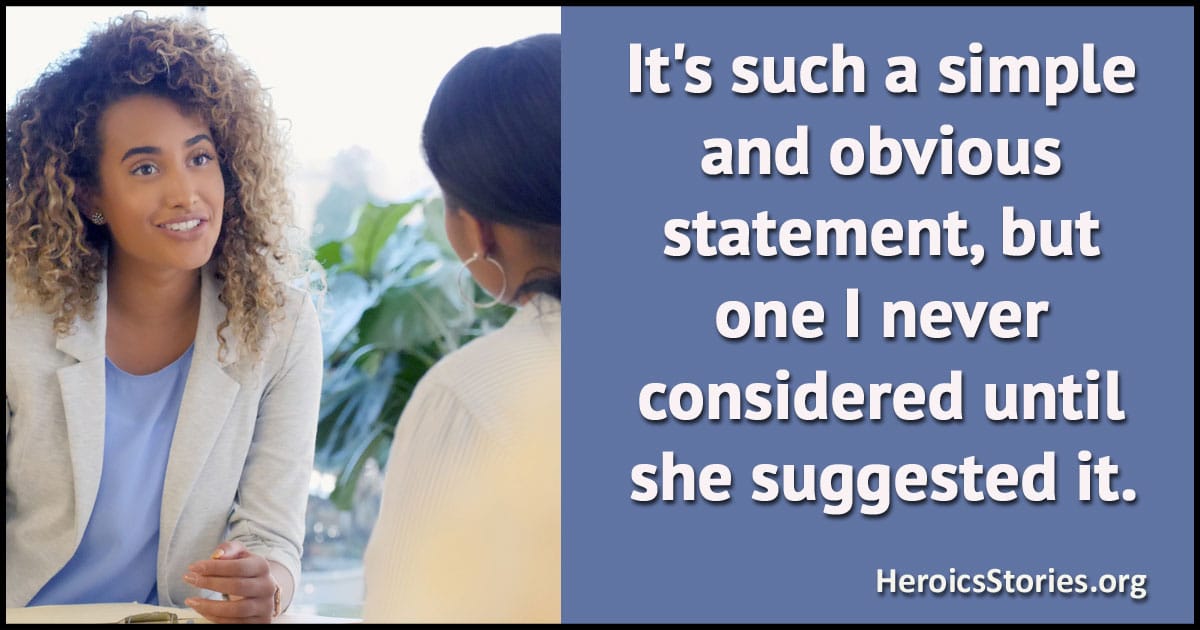by Catherine Granger
Glover North Carolina, USA

In 1984, I legally adopted my three stepsons. My husband had obtained custody of them just before we married in 1982. We were not well off financially, so the counseling I found to help me deal with becoming an “instant mom” was provided by social services.
It was a wonderful relief to have someone to talk to about the stresses and rewards involved — without worrying about emotional repercussions. One day the topic of the boys’ mother came up, because the boys had asked repeatedly why I was now their ‘new mom’. I’d heard that their mother had been involved with drugs, and had not taken care of them, but didn’t want to tell them that.
I told my counselor that I just told the boys that she was just not able to take care of them, and we were, so they came to live with us. But I wasn’t really happy with that answer, and neither were the boys.
She asked me if I knew the full story of why they were no longer with their biological mother. I told her that I did not, only what I’d been told, and I didn’t know how much of that was fact. Then she asked me a question that changed my life and my attitude about many situations. “Have you ever thought of just answering with ‘I don’t know’?”
Wow! I was an adult; I was supposed to have all the answers. How could I tell a child, “I don’t know”? I was skeptical, to say the least. Is it OK to tell a child that you don’t have all the answers, when you are an adult — the source of knowledge in their life?
Then my counselor again asked whether I knew the full reason the boys had been available for adoption, and I answered “I don’t know”. She sat back while I absorbed the fact that I didn’t know, and that I could say so.
What freedom I felt! I didn’t have to figure out another person’s motivations or choices. I was free to end that conversation and go on to other topics. All I had to do was to tell the truth — I didn’t know. Then I addressed the underlying fear the boys had (that I would disappear, too) and reassured them that I would not become so preoccupied with other things that they would have to leave their new home.
I often remind myself of my counselor’s suggestion and use her advice when appropriate. It’s such a simple and obvious statement, but one I never considered until she suggested it. Thanks to that social worker, I remember that I can give my own honest answers — even if the answer is that I don’t know.
Podcast: Play in new window | Download (Duration: 3:54 — 5.7MB)


When I was teaching electronics to post-high school students, I found that it was best to simply say “I Don’t Know, BUT I Will Try To Find Out” in response to a student’s question where I truly did not know the answer. This simple admission of truth made me one of the most popular instructors in the school.
It’s an excellent approach to questions.
My two girls, and now my Grandaughter, sometimes look a bit surprised when I tell them I don’t know the answer to a question. But we often look it up together.
I will sometimes venture a guess, based on having lived long enough to be able to work out a ‘probable’ answer. But I always make it very clear this is just a ‘best guess’.
This kind of honesty goes a long way in maintaining their trust, and their willingness to ask me almost anything.